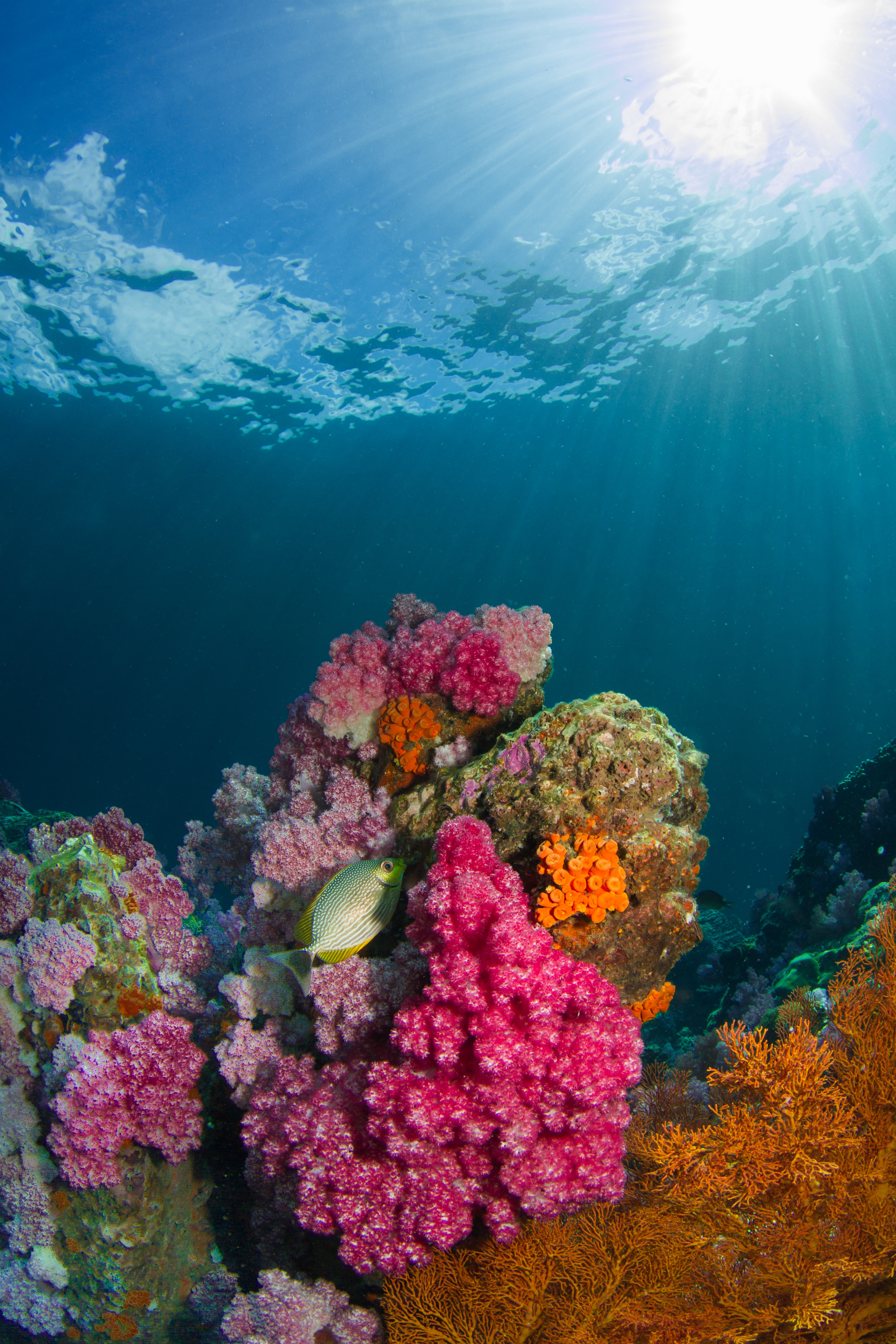Photo by Milos Prelevic on Unsplash
The Brussels-based European Economic and Social Committee (EESC) backs a new and strengthened governance of the oceans.
It calls for increased international cooperation, the safeguarding of the well-being of the marine environment and the protection of fish stocks from overfishing, given their vital importance for local communities.
Increased international cooperation in order to make oceans sustainable by 2030 and ensure security and safety at sea – this is the key conclusion of an opinion on the subject adopted at the EESC’s January plenary session and drafted by Stefano Palmieri.
Given its cross-cutting characteristics, ocean governance cannot be considered a pure “marine affair” but requires a multidisciplinary and integrated approach to support decision makers at all levels.
The human impact on the oceans often originates in land-based activities. A significant proportion of marine pollution stems from the release of waste, pesticides, antibiotics, phosphates and plastics into water, not to mention the issue of unexploded ordnance.
Ocean governance therefore needs to be tackled not only under Sustainable Development Goal (SDG) No 14 (“Life below water”) of the United Nations’ 2030 Agenda for Sustainable Development, but under all the SDGs, especially those addressing industrial production and collective behaviours.
According to the EESC, the EU’s role in the legislative field and in strengthening international networks and partnerships is key, and different stakeholders should be effectively and transparently involved at every stage of the process.
To achieve integrated ocean management, it is important to put in place better coordination between public administrations at international, national and local level, as well as invest in impact evaluation of marine activities on employment, remuneration and living conditions, in technology, and in workers’ training.

“The EU has a leading role in the efforts for the ocean, but all countries need to play their part: only this way will the new generations be able to still call our planet a Blue Planet,”
Stefano Palmieri
“We must not forget ocean literacy and humanitarian aspects, raising citizens’ awareness on marine issues and better informing them on the law of the sea: human beings who are in dangerous waters need first of all to be rescued and then to be brought to a really safe harbour,” said Palmer.
In order to achieve carbon neutrality by 2050 and sustainability by 2030, the EU should focus on taking measures to safeguard the well-being of the marine environment and protect fish stocks from overfishing, both of which are vital for many communities.
To this end, the Committee supports the target of 30% of the world’s oceans becoming marine protected areas by 2030, and asks that the necessary implementation and monitoring mechanisms be created.
Deep-sea mining is an issue of concern. For areas excavated many decades ago, the long-term impacts are still visible and the ecosystem is recovering slowly. On this matter, the EESC backs the suspension of any deep-sea mining authorisations until enough scientific evidence is gathered on their environmental impact.




